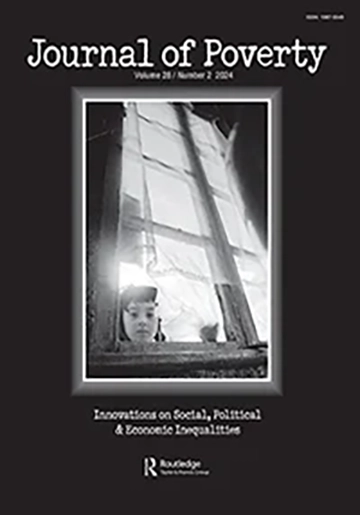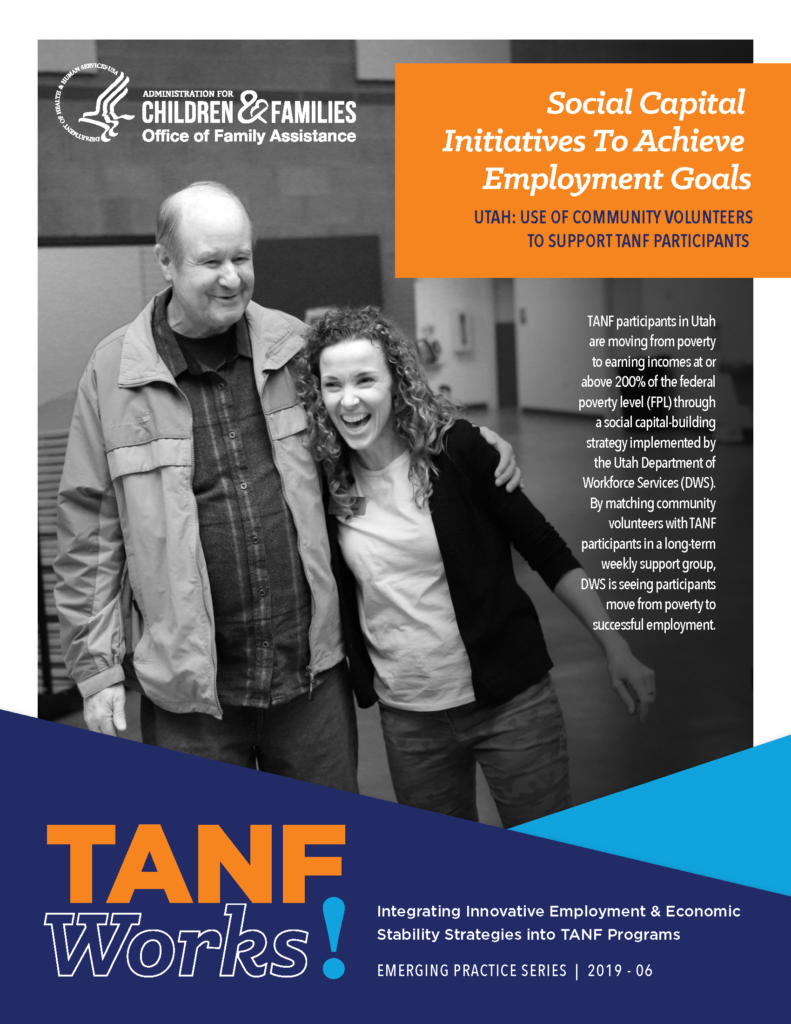University of Western Australia (UWA) published an article, “Poverty Reduction and Determinants of Health,” in the academic Journal of Poverty
Public health professional students Sebaka and Nguyen, along with Denny (an Associate Professor at the University of Western Australia), analyzed multiple years of Circles USA data and found significant income growth for participants. The UWA research team, along with Garvey (an Associate Professor in the Department of Family Medicine, Oregon Health & Science University), synthesized this data into a new resource for academic and independent sector workers in poverty alleviation.
Here’s a description:
“Poverty is a contributor to poor health yet it can be challenging to break the cycle of poverty. We analyzed the characteristics of 2,981 CirclesUSA program participants. Of the 2,981 who were screened at program intake, 12.8% achieved success. Participants were more likely to drop out if they had children at home and/or were experiencing generational poverty. Participants with full time employment, stable housing, access to transportation, who experienced situational poverty, held a degree or who were without children at home were more successful. The CirclesUSA approach to poverty is an effective peer coaching model.”
Click here to see more.


